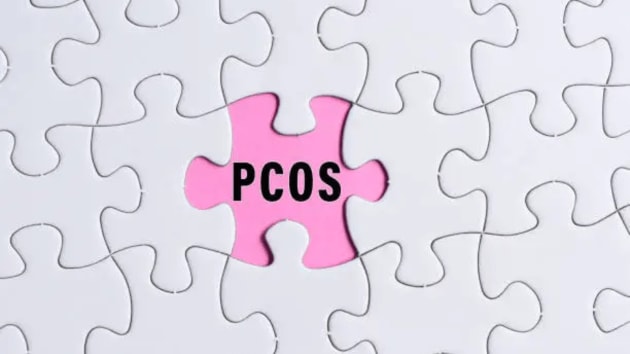What is the link between pregnancy and diabetes?
This is everything you need to know about the link between diabetes and pregnancy.
November 27, 2025 11:32 IST 1 / 7
1 / 7Pregnancy and diabetes are closely connected because the hormonal changes during pregnancy can significantly affect how the body uses insulin. Here’s what to know: (Source: Photo by unsplash)
 2 / 7
2 / 7Pregnancy Raises Insulin Resistance: During pregnancy, hormones from the placenta (human placental lactogen, oestrogen, cortisol) naturally increase insulin resistance. This means the body needs more insulin to keep blood sugar levels stable. (Source: Photo by unsplash)
 3 / 7
3 / 7Pregnancy can unmask hidden Type 2 Diabetes: Some women already have undiagnosed type 2 diabetes before pregnancy. Pregnancy screenings often reveal it, because glucose tests are routinely performed. (Source: Photo by unsplash)
 4 / 7
4 / 7Why Some Women Develop Gestational Diabetes: For some pregnant women, the pancreas cannot make enough insulin to overcome this resistance. As a result, blood sugar levels rise, this is called gestational diabetes. GDM usually develops in the second or early third trimester. (Source: Photo by unsplash)
 5 / 7
5 / 7Effect on the Mother: If untreated, high blood sugar during pregnancy can cause high blood pressure or preeclampsia, complications during delivery, increased need for C-section and higher chance of developing type 2 diabetes later in life. (Source: Photo by unsplash)
 6 / 7
6 / 7Higher Risk if you have PCOS: Women who have prediabetes, polycystic ovary syndrome (PCOS), a family history of diabetes or obesity are at higher risk of developing gestational diabetes because their baseline insulin resistance may already be elevated. (Source: Photo by unsplash)
 7 / 7
7 / 7Effects on the Baby: Uncontrolled high blood sugar can lead to large birth weight (macrosomia), low blood sugar after birth, breathing problems and higher risk of obesity or diabetes later in life. (Source: Photo by unsplash)











